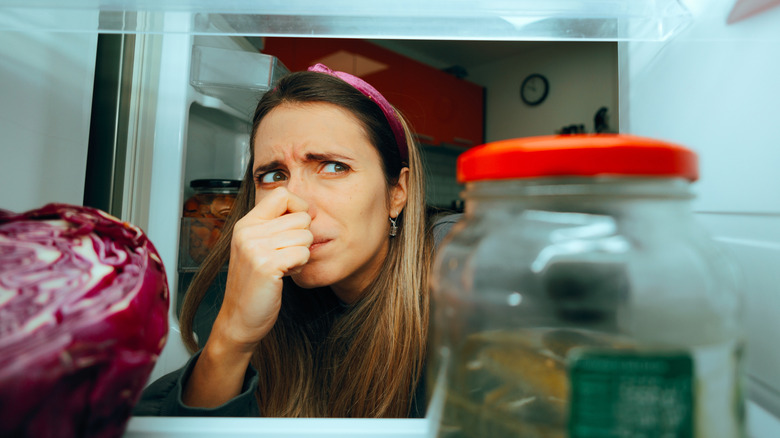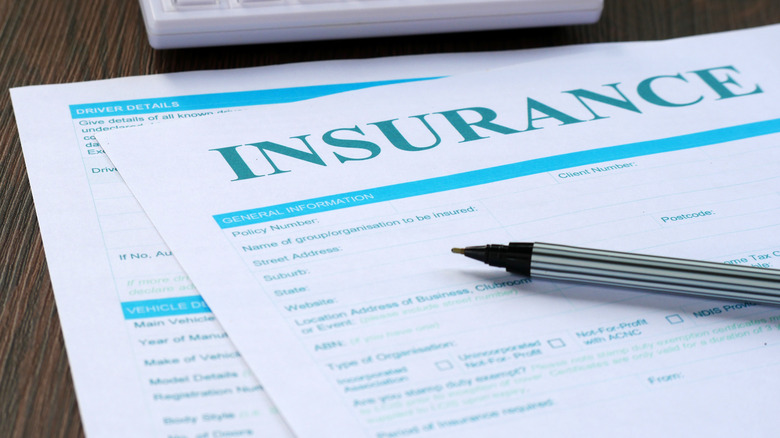Does Insurance Cover Lost Food Due To Power Outage? What You Should Know
A power outage can send you into a panic because you're worrying about losing all the food stocked in your refrigerator and freezer. You may have to throw out your meat or dairy, especially if it sits for more than a few hours. Food costs are high, and if you have a homeowner's or renter's insurance policy, you might wonder if you're eligible for reimbursement for the loss. Insurance coverage may include spoiled food during a power outage, but only in certain scenarios. The power outage must be part of a covered peril, and not the result of an accidental power outage. You will also be eligible only if your policy explicitly covers food spoilage.
The refrigerator and freezer are the appliances most affected by power outages. An outage of a mere two hours or less isn't a problem, but closed refrigerators can keep food cold at a safe temperature for only about four hours. If you have a stocked freezer, you can typically keep the food within cold for 48 hours if it's full, or 24 hours if it's half full, per the United States Department of Agriculture (USDA). During this time, it's crucial you keep your refrigerator and freezer closed for as long as possible to avoid letting out the cold air.
Once meat, eggs, and most dairy hit temperatures of over 40 degrees Fahrenheit for two hours or more, they're no longer safe for human consumption, and experts urge you to discard them. But before you do, take pictures and gather any receipts for high-value items, like large cuts of beef or exotic cheeses, for your claim as proof of loss.
When and how your insurance company may cover spoiled food
Your homeowner's insurance company covers your food loss only if the damage is from a covered peril — an event that damages your property. These include fires, explosions, and fallen trees. If the food spoilage results from, say, a tree knocked down on a power line during a storm, it might be covered, says Allstate.
There are also common damages not covered by insurance, which is why reading your insurance policy carefully is key, as the specifics can vary by insurer. If you were the cause of the power outage, maybe from an overzealous DIY project, the insurer won't cover it. There may be other requirements as well, such as whether the power outage was widespread in your neighborhood or limited to just your property. Some insurers don't list spoiled food coverage in a basic home or renter's insurance policy. Instead, they may offer it as an endorsement, typically less than $50 annually.
But wait — the process isn't as simple as you submitting a claim and getting your money. Even if your insurance company does cover the loss of your food, it can be subject to a reimbursement limit. For instance, you may have over $300 worth of spoiled food in your fridge, but the insurer may cover a loss only up to $200. You'll also need to meet your deductible, so if you haven't, it might make your claim not worth the effort. Most insurance experts recommend saving your insurance claims for the big losses rather than food loss to avoid raising your rates on such a small claim.

